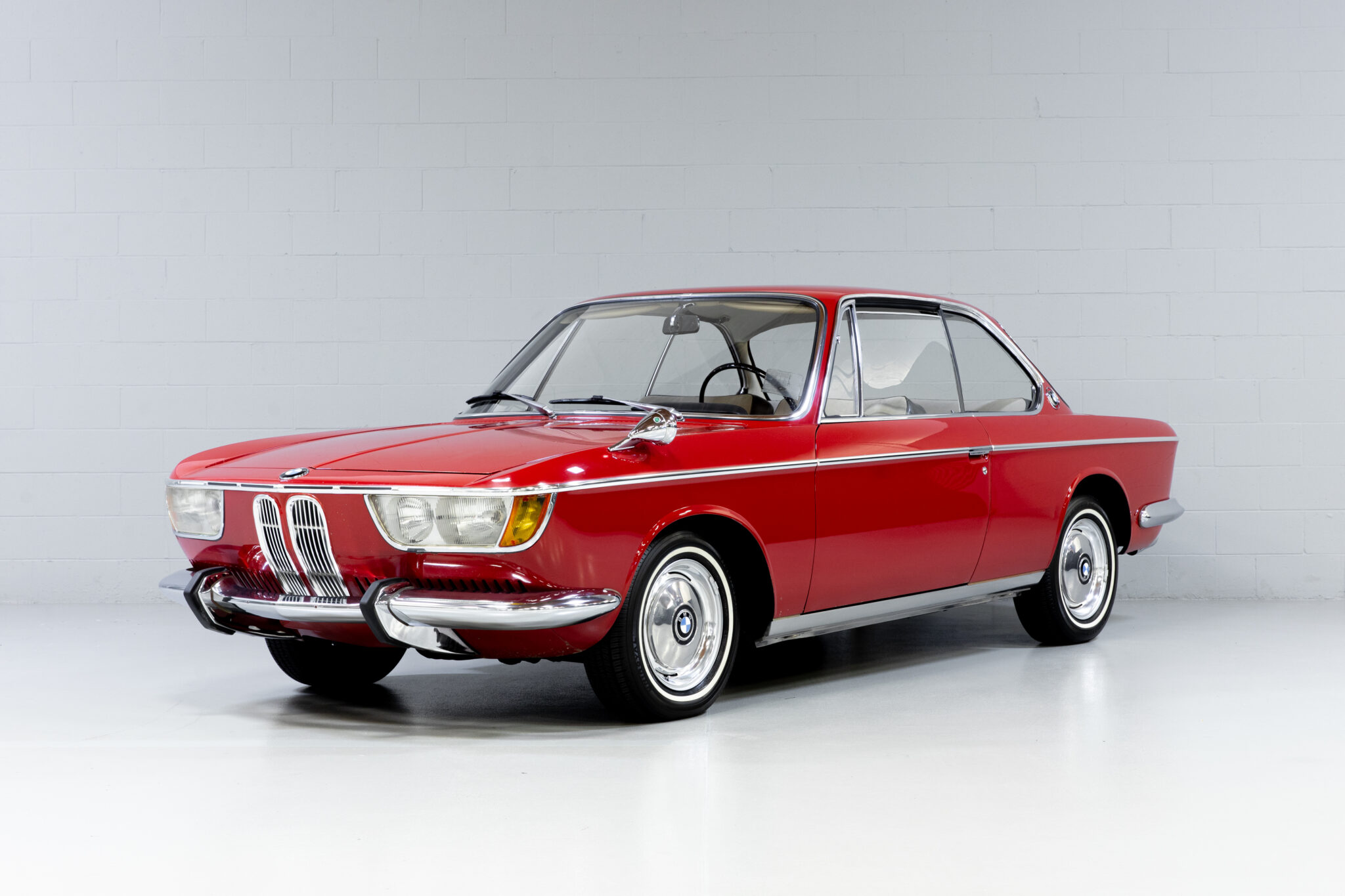Guys, it’s actually worse than we think. Entry-level jobs for qualified graduates today are paying, in rand terms, what I earned as a grad more than 20 years ago. Adjusted for real value, that’s about three times less than what I started on (and what I earned back then was already peanuts). The trope of 'lighties are earning too much these days' or 'I only earned xxx when I started' just don't hold water.
When I got my first apartment in Morningside, rent was R2,800 a month - roughly R8K in today’s money. You can indeed get one of these apartments today for R8-10K. If graduate salaries had tracked with inflation, young people today could still afford that kind of apartment, buy a decent car (Toyota, Honda, Suzuki, even a used German), and still have some breathing room. Independence was possible. Now? Most can’t move out without major help, and those who do are spending 60%+ of their income on rent just to share a space. Even if you DO rise through the ranks, these days a middle manager having a 3 series actually requires sacrifice of some sort...
What’s even more alarming is how long people stay stuck in these entry-level roles. I see graduates still in them (or in 'created' very low tier, low paying permanent roles) into their 30s. There was a time when it was “up or out.” and by that it was 6-12 months. MAYBE 24 months if it was a rotational programme at a bank or one of the big FMCG places. Nobody was a 'career grad'. Now companies are perfectly content keeping cheap, trained labour indefinitely and those people can’t easily find alternatives. One reason is simply that you or I sitting in a business or company doesn't want to hire someone who seemingly has no ambition, no talent and no experience (which is the story this tells hiring managers, whether really true or not). There are also so many unemployed or partially employed people out there that people are willing to take what they can get... 'half loaf being better than none'... and as such, it isn't really easy to 'care' enough to dig deeper.
I don’t want to sound like the stereotypical older person shaking a fist at the sky: young people really are in a worse position and MUCH worse. As tough as millennials had it, we at least had some resilience built in and a small head start. We could ride the waves if we had a boat and a bit of luck. Today’s youth were basically born in the riptide without a boat, and often without even clothes on (especially in South Africa). I am not excusing or minimising many of the other factors at play in why this is the case, but it's hard to get people to care or be motivated when they can't see a path to getting a better life or nice things.
The other extreme of young people we see in the localhoons vids/broccoli crowd etc are not representative of the reality for most. As with everything on social media it is just a concentration that we happen to see and make assumptions about in terms of how prevalent or normal this is. Only so many cars can be acquired by the daddy's cash/trust fund crowd and thus there will be fewer and fewer nice cars in the used market as well (which we have been seeing for years now).
Side hustles, which used to feel like creative outlets, now look more like survival mechanisms. Everyone is detailing cars, doing photography, or flipping imports from AliExpress and Temu. My DMs are full of offers: latest being events that use your car to draw crowds while others pay to attend, “crews” and “cartels” that position you without your consent, endless products from crystals and candles to creams and kitchen stuff. I’ve tried to support where I can, but at some point it feels like charity with extra steps and these are not sustainable or profitable (or even enjoyable) 'businesses'... even worse when the same crap delivered to your door from Temu costs half... but I digress. The truth is, side hustles can’t replace real jobs or sustainable businesses.
I know we say that this is happening everywhere and that is true, but South Africa has its own unique challenges layered on top of all this, and I think many of us are living in varying degrees of denial about how serious the economic reality really is.



